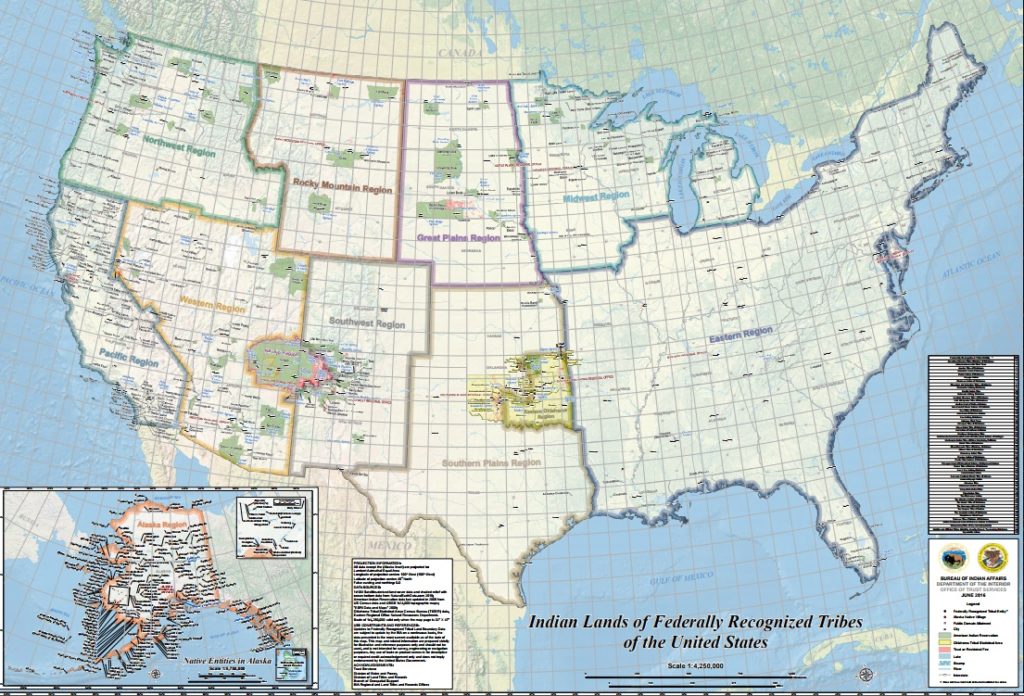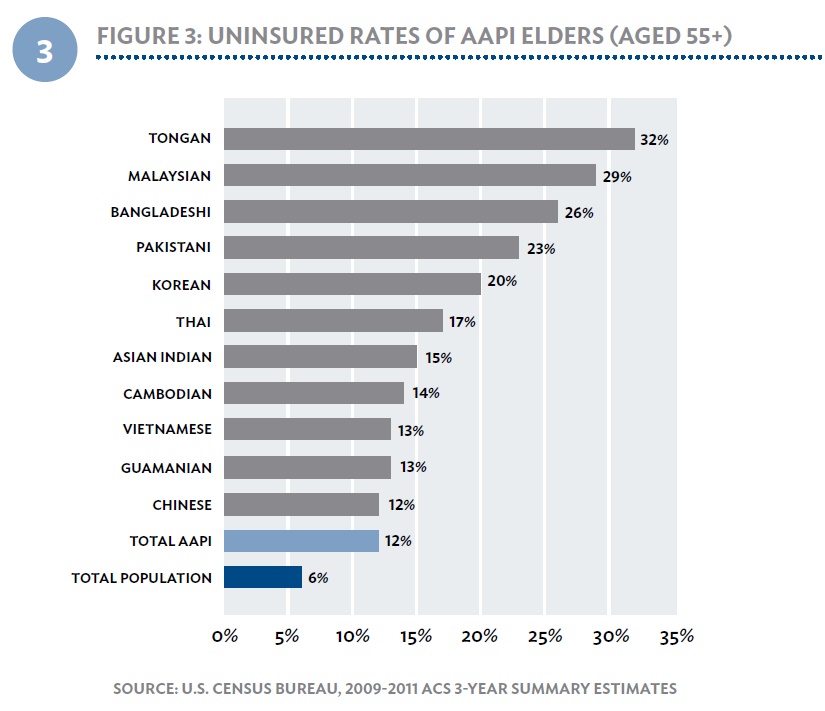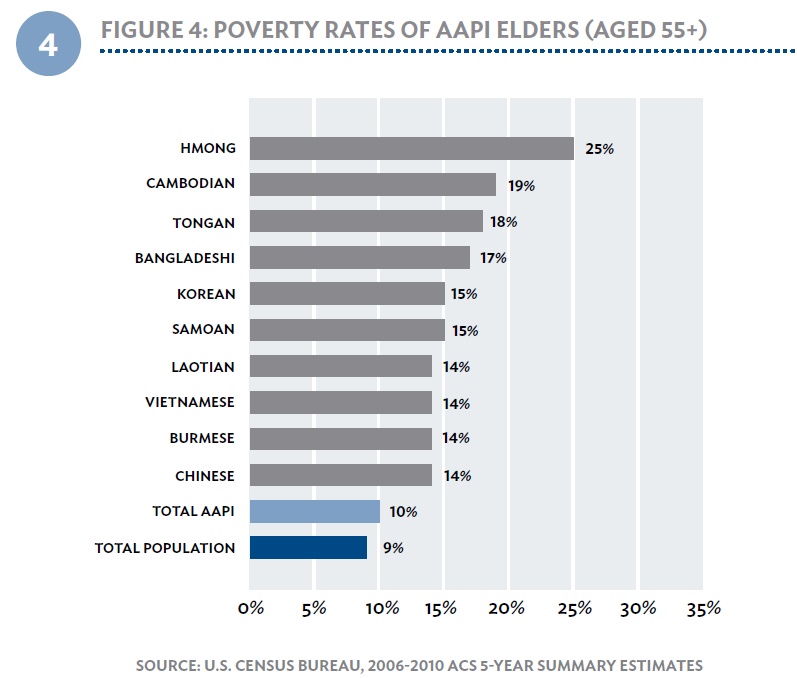The Diverse Elders Coalition calls for comprehensive data collection on our communities
We can’t effectively serve diverse older adults if we don’t know who they are. By collecting data only on aggregated groups — or not collecting race, ethnicity, sexual orientation, or gender identity information at all — we do not have an accurate picture of our communities and their challenges, successes, and needs.
The terminology currently used by the majority of survey instruments to collect data about our communities is wildly insufficient. Overarching categories such as “Asian” or “Hispanic” fail to account for meaningful differences between racial and ethnic subgroups. The term “Asian” or “AAPI” encompasses 25 different racial groups, who speak more than 50 different languages. There are currently 573 Federally-recognized tribes, each occupying different geographic locations, speaking and writing different languages, and honoring unique cultural traditions. We miss out on these differences when we only people only to identify themselves by broad categories (or when we don’t ask them to identify themselves at all).
IT IS NECESSARY TO COLLECT DATA ON DIVERSE COMMUNITIES.
The Diverse Elders Coalition resists efforts to keep or make our communities invisible — whether intentionally or unintentionally — by not collecting data on our race, ethnicity, sexual orientation, and/or gender identity. Diverse communities have different health, language, economic and social needs, and those needs cannot be recognized or met if we don’t collect the data.
If your organization serves diverse elders, we urge you to collect comprehensive, disaggregated data about our racial, ethnic, and LGBT identities. This means that the questions on your survey instruments and the language that you use to describe our communities are representative not just of the broad categories that define us generally, but also the finer, disaggregated categories that highlight the strengths and challenges within our communities.
We will also push back against public policies that actively resist data collection about our communities. In 2017, the Trump administration announced plans to remove the LGBT community from the National Survey of Older Americans Act Participants (NSOAAP). In response, SAGE and its allies motivated some 14,000 comments against this change. The administration heard those voices and restored lesbian, gay, and bisexual older people to the survey, but left out transgender elders. SAGE then launched another grassroots campaign to tell the administration that it cannot erase trans elders from this survey. During the second 30-day comment period, SAGE generated more than 6,000 comments, insisting that trans elders be reinstated to the survey.
For more information on how you can advocate for better data collection for diverse communities, please contact us.
IT IS NECESSARY FOR DATA TO BE DISAGGREGATED.
Instead of using one overarching category to collect data on diverse communities – i.e. “Latino” or “LGBT,” – we encourage policymakers, advocates, and healthcare providers to disaggregate this data in order to collect more detailed information on population subgroups. The absence of specific sub-categories for race, ethnicity, and LGBT status has meant that many diverse elders have fallen through the cracks.
American Indian and Alaska Native Elders
With 567 Federally-recognized American Indian tribes in the United States, the label “American Indian” cannot and does not accurately identify the unique traditions, languages, or needs of American Indian and Alaska Native (AI/AN) Elders. Collecting accurate, comprehensive, disaggregated data on American Indian communities means that providers and policymakers can better meet their needs, languages can be accurately identified and preserved, and tribes will have accurate data on which to base their policies and programs.

Click to explore the 566 Federally-recognized American Indian and Alaska Native tribes across the United States.
The National Council of American Indians (NCAI) passed a resolution in 2014 acknowledging the lack of research, evidence based data, and information specific to AI/AN Elders in gerontology and geriatric research. Health care data and information help to enhance opportunities
to secure funding resources for a variety of care services by tracking death rates and such chronic illnesses and acute diseases. Collecting data on American Indian communities also contributes to health-based equity and promotes healthier lifestyles among tribal communities.
For more information on data collection and research in AI/AN communities, visit the National Indian Council on Aging (NICOA) website.
Asian Americans, Native Hawaiians, and Pacific Islander Americans
The National Asian Pacific Center on Aging (NAPCA) has advocated for the collection of data on 44 unique AAPI subgroups in the United States. There are vast differences between AAPI subgroups in terms of English proficiency, health disparities, access to services, and poverty levels.
For more on this research, and many other examples of why AAPI data must be disaggregated, check out the NAPCA 2013 Annual Report and NAPCA’s Asian Americans and Pacific Islanders in the United States Aged 65 Years and Older: Population, Nativity, and Language Data Brief. Also check out the Southeast Asia Resource Action Center (SEARAC)’s Education Policy Research Hub, where you can find resources on the importance of data disaggregation in education, including their fact sheet, What’s the Problem with Current Education Data Collection and Reporting?
Hispanic Older Adults
Just as differences exist among AAPI communities, differences exist among Hispanic and Latino communities as well. These differences have significant impact on health outcomes and health disparities, and they are often missed by the broad “Hispanic” category of data collection.
We know that Latinos face higher rates of type 2 diabetes than non-Latino populations, but the risk varies considerably among specific ethnic groups.

Knowing these differences — including the barriers to care, language access concerns, immigration status and amount of time spent in the United States — will allow healthcare providers and advocates to better serve the Hispanic older adults in their communities.
We also need to ensure that more diverse elders are being included in clinical trials — and that their identities are being accurately recorded during that research. Latinos face barriers to participation in clinical trials, including language and cultural differences, lack of education, health literacy, and a lack of outreach into their communities. This means that Latinos have the lowest participation rates in clinical trials, a dismal 1.3%.
For more research and information on data collection for Latino elders, visit the website of the National Hispanic Council on Aging (NHCOA).
LGBT Older Adults
As described above, efforts to collect accurate, disaggregated data on LGBT elders have been hampered by anti-LGBT sentiment by policymakers as well as by the incorrect assumption that LGBT identity doesn’t matter when addressing health or social needs of elders. However, with lesbian, gay and/or bisexual people living in nearly every county in the United States — and with the LGBT population aging just as rapidly as non-LGBT people — providers and policymakers can be sure that they’re serving LGBT people, and they must utilize disaggregated data to accurately track and meet those communities’ needs.
Research shows that policy and social barriers gradually tear away at the safety net for LGBT older adults, creating a dramatically different aging experience for LGBT older adults. They receive different treatment because they are not heterosexual and/or cisgender. But if we don’t know who identifies as LGBT — and that means asking about both sexual orientation AND gender identity — we can’t work to alleviate those health disparities.
SAGE (Advocacy and Services for LGBT Elders) has created a helpful guide to collecting data on sexual orientation and gender identity that can be used to accurately identify the LGBT members of your community. Additionally, you can visit the SAGE website for news and updates about their efforts to include LGBT older adults in Federal, State and local data collection efforts, and the National Resource Center on LGBT Aging has publications that illuminate the need for data collection on LGBT elders.
FOR MORE INFORMATION, CHECK OUT OUR FACT SHEET.

In 2017, the DEC produced a fact sheet about data collection and disaggregation in response to a Federal budget proposal that offered little support for Census 2020 programming and other public policy measures that stripped questions about sexual orientation and gender identity from Federal aging surveys. You can view, download, print and share this fact sheet from our Library.



